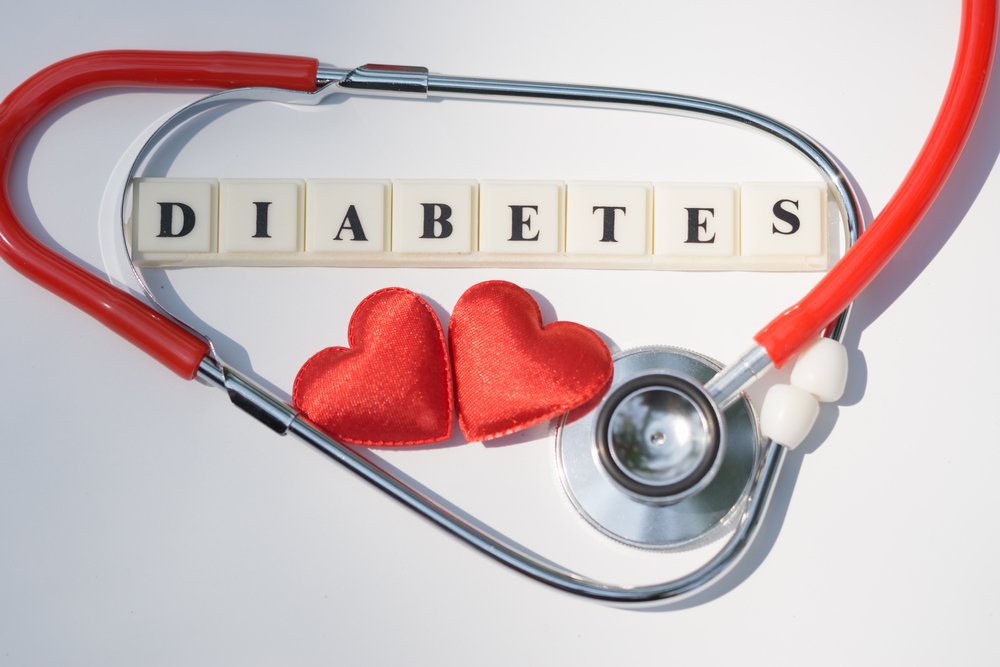Omega-3 fatty acids are often praised for their heart-protective benefits — but new research suggests that most people are not getting nearly enough of them. Despite recommendations from leading health organizations, recent evidence shows that achieving truly protective omega-3 levels may require a lot more effort than eating fish once or twice a week.
This growing understanding centers on the Omega-3 Index, a measure of the EPA and DHA content in your red blood cells. Studies show that higher Omega-3 Index levels — particularly 8% or above — are linked to a significantly lower risk of fatal heart attacks. But here’s the problem: most people are far below that threshold.
Why Current Recommendations Fall Short
Organizations like the American Heart Association (AHA) and the Dietary Guidelines for Americans recommend eating fish just once or twice a week, which equates to roughly 250–500 mg of EPA and DHA per day. While this advice may reduce heart disease risk somewhat, new data reveal that these levels aren’t enough to reach the optimal Omega-3 Index.
A recent study published in Prostaglandins, Leukotrienes, and Essential Fatty Acids found that following current fish intake guidelines — without supplementation — typically results in Omega-3 Index levels around 4%, far below the 8% associated with cardiovascular protection.
What the New Research Shows
Led by Dr. Kristina Harris Jackson, PhD, RD, researchers examined data from nearly 3,500 participants, comparing fish intake, omega-3 supplement use, and blood levels of EPA and DHA.
Here’s what they found:
-
Those who neither ate fish nor took supplements had an average Omega-3 Index of 4.1%, considered deficient.
-
Those who ate three non-fried fish meals weekly and took an omega-3 supplement reached an average Omega-3 Index of 8.1%, the level linked to optimal heart protection.
In other words, to protect your heart, you likely need to combine regular fish intake with a daily omega-3 supplement.
As Dr. Jackson explains, “The AHA currently recommends two fish meals per week and doesn’t promote supplementation. Based on our findings, that approach is unlikely to achieve the cardioprotective Omega-3 Index of 8%.”
Why the Omega-3 Index Matters More Than Cholesterol
For decades, cholesterol has been the primary focus in heart disease prevention. But newer research suggests that omega-3 levels may be an even stronger predictor of heart health.
In the long-running Physicians’ Health Study, omega-3 blood levels proved to be a better indicator of heart disease risk than cholesterol, LDL, HDL, or C-reactive protein (CRP). Similarly, data from the Framingham Heart Study — a foundational study in cardiovascular research — revealed that people with higher omega-3 levels lived longer and had fewer heart-related deaths.
Dr. Bill Harris, one of the world’s leading omega-3 researchers, notes:
“We found that people with the highest omega-3 levels had the lowest risk for cardiovascular disease and death. Cholesterol levels didn’t predict outcomes nearly as accurately.”
How to Reach an Omega-3 Index of 8%
Based on these findings, the path to optimal omega-3 levels is clearer than ever:
-
Eat fatty fish at least three times per week.
-
Salmon, sardines, mackerel, and herring are the best sources.
-
-
Add a high-quality omega-3 supplement that provides EPA and DHA daily.
-
Avoid fried fish, since frying can degrade essential fatty acids.
-
Get your Omega-3 Index tested. It’s the only way to know your true omega-3 status.
-
Recheck your levels every 4–6 months to monitor your progress.
A More Effective Approach to Heart Protection
The bottom line? Eating fish twice a week simply isn’t enough for most people to reach cardioprotective omega-3 levels. A combined strategy of diet and supplementation is far more effective — and evidence-based.
Higher omega-3 levels don’t just protect the heart; they’re also linked to better brain function, mood, and longevity. As research continues, one thing is certain: optimizing your Omega-3 Index could be one of the simplest and most impactful steps you take for your long-term health.
Key Takeaway
To achieve an Omega-3 Index of 8% — the level shown to protect against fatal heart disease — most people need both three weekly servings of oily fish and a daily omega-3 supplement providing EPA and DHA.




